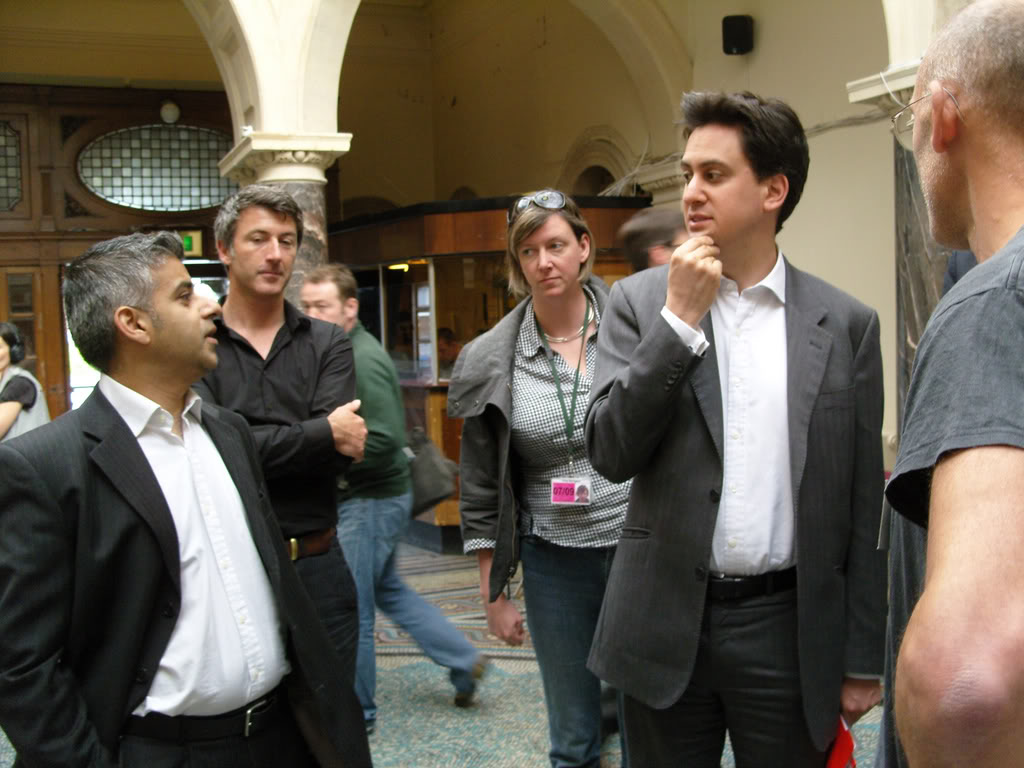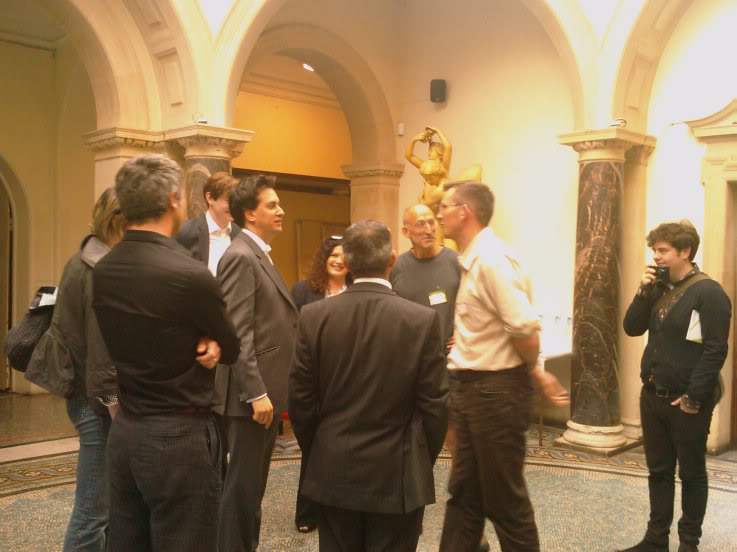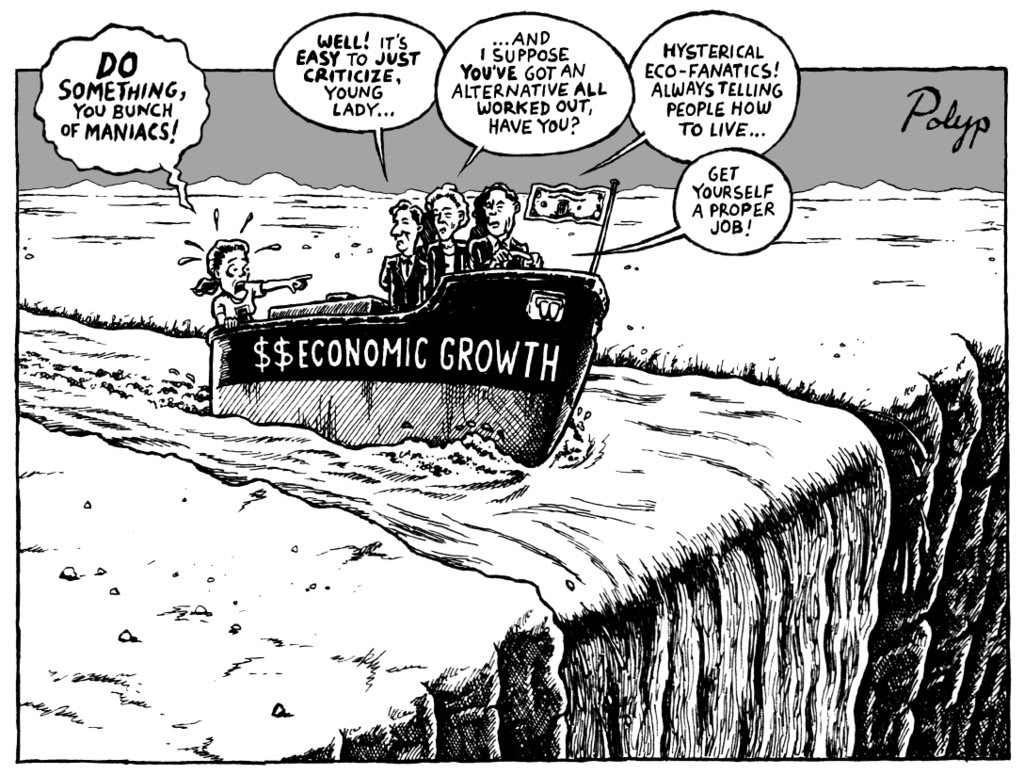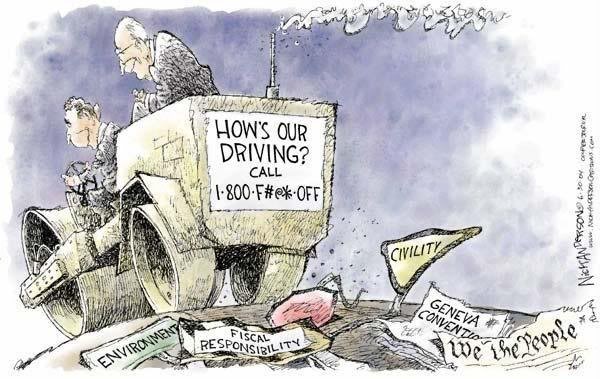
by Shaun Chamberlin | Jun 4, 2009 | All Posts, Climate Change, Cultural stories, Favourite posts, Peak Oil, Politics, Reviews and recommendations, TEQs (Tradable Energy Quotas), The Transition Timeline, Transition Movement
It has been another crazy whirlwind of a month, with this weekend set to be the first in five which I get to spend in Transition Town Home, having spoken recently in Bungay, Glastonbury, Belsize Park and the Forest of Dean, as well at the Transition Conference (I hate that name, can't we call it a 'Gathering' or something?) in Battersea, and at the Sunrise Celebration Festival.
One highlight for me was watching the world première of the movie "In Transition" and being surprised and delighted to find that I was in it (having completely forgotten the quick interview they grabbed with me at my book launch!). Another was meeting an A-Level teacher who is already using my book as a teaching aid for his Environmental Design students.
But perhaps of wider interest was the fact that Ed Miliband, Secretary of State for Energy and Climate Change, turned up at the Transition Conference as a 'keynote listener', but still managed to drop a few bombshells.
 When we buttonholed him for a bit of a chat (audio here, courtesy of Traydio.com), I was pleased to hear that he understood the need for Government to remain a step removed from the Transition movement in order to avoid "strangling" it. However, I must confess I had to refrain from gasping as he declared that:
"If you think about the history of the debate on peak oil as I understand it, climate change makes debate about peak oil a bit of a second-order debate, because we have to start making the transition to low carbon forms of energy in any case. Whether you think that peak oil's in 2020, 2030 or 2040... I don't need to have the debate about peak oil... to know that we have to start making the transition as quickly as possible."
Where to begin? Clearly Ed's understanding of the history of the peak oil debate differs a little from mine. Let's start with the obvious - with many experts agreeing that we likely saw peak oil last year, for our Minister for Energy to be pondering how many decades in the future it might lie is, frankly, terrifying.
But what I personally find even more worrying is that he (and thus presumably his department) has not yet grasped that climate change and peak oil often pull in opposite directions. Perhaps Ed should cast his eyes across the Atlantic to the US Congress, where the advocates of Climate Change Bills (to implement strict carbon budgets) are doing battle with the champions of Energy Independence Bills (to subsidise carbon-intensive tar sands and coal-to-liquids projects).
When we buttonholed him for a bit of a chat (audio here, courtesy of Traydio.com), I was pleased to hear that he understood the need for Government to remain a step removed from the Transition movement in order to avoid "strangling" it. However, I must confess I had to refrain from gasping as he declared that:
"If you think about the history of the debate on peak oil as I understand it, climate change makes debate about peak oil a bit of a second-order debate, because we have to start making the transition to low carbon forms of energy in any case. Whether you think that peak oil's in 2020, 2030 or 2040... I don't need to have the debate about peak oil... to know that we have to start making the transition as quickly as possible."
Where to begin? Clearly Ed's understanding of the history of the peak oil debate differs a little from mine. Let's start with the obvious - with many experts agreeing that we likely saw peak oil last year, for our Minister for Energy to be pondering how many decades in the future it might lie is, frankly, terrifying.
But what I personally find even more worrying is that he (and thus presumably his department) has not yet grasped that climate change and peak oil often pull in opposite directions. Perhaps Ed should cast his eyes across the Atlantic to the US Congress, where the advocates of Climate Change Bills (to implement strict carbon budgets) are doing battle with the champions of Energy Independence Bills (to subsidise carbon-intensive tar sands and coal-to-liquids projects).
 As I wrote here last year, and more recently in The Transition Timeline, there is a very real tension between addressing climate change and addressing peak oil, and policy based purely on one side of this equation could be very destructive indeed. Unfortunately, our government is still caught on the horns of this 'supply side dilemma', and is desperately casting around for more rapidly-deployable low-carbon energy supplies.
It is only slowly dawning on them that renewable supply cannot increase as fast as oil and gas are declining, that nuclear only makes the problem worse, and that coal is not an option if we want a habitable planet. The inescapable conclusion is that if we are to treat climate change with the seriousness which it undoubtedly deserves, then we may well have already entered our years of energy descent. The only reasonable response is to find ways to thrive in this context - to reduce energy demand in line with the reducing supply - but as yet Ed still believes that only Denial sells to the voting public:
"In a way I'm less optimistic than you are... you're optimistic that you can persuade people to adopt a sort of "no growth" model of society - I'm pretty convinced that you couldn't persuade people of that... Even if you were right about your model of society, I just don't believe that you're going to convince people of that"
Actually, I do agree with Ed that we need to think long and hard about what "economic growth" actually means before we debate whether we want it, though I'm not sure we'll see eye-to-eye when that debate reaches its head.
Of course it doesn't come as an overwhelming surprise to see my perspective deemed darker yet more optimistic than the Government view, but since the Transition Vision of the future seems about the only desirable outcome out there to shoot for, I think I'll just keep right on shooting, whether Ed rates our chances or not.
Having said that, with Rob's recent post on 'burn out' in mind, it's definitely time for a day off for me. Tomorrow is my birthday, and I will be taking a hard-earned breather at Kew Gardens with my beautiful and inspirational girlfriend. Back soon!
As I wrote here last year, and more recently in The Transition Timeline, there is a very real tension between addressing climate change and addressing peak oil, and policy based purely on one side of this equation could be very destructive indeed. Unfortunately, our government is still caught on the horns of this 'supply side dilemma', and is desperately casting around for more rapidly-deployable low-carbon energy supplies.
It is only slowly dawning on them that renewable supply cannot increase as fast as oil and gas are declining, that nuclear only makes the problem worse, and that coal is not an option if we want a habitable planet. The inescapable conclusion is that if we are to treat climate change with the seriousness which it undoubtedly deserves, then we may well have already entered our years of energy descent. The only reasonable response is to find ways to thrive in this context - to reduce energy demand in line with the reducing supply - but as yet Ed still believes that only Denial sells to the voting public:
"In a way I'm less optimistic than you are... you're optimistic that you can persuade people to adopt a sort of "no growth" model of society - I'm pretty convinced that you couldn't persuade people of that... Even if you were right about your model of society, I just don't believe that you're going to convince people of that"
Actually, I do agree with Ed that we need to think long and hard about what "economic growth" actually means before we debate whether we want it, though I'm not sure we'll see eye-to-eye when that debate reaches its head.
Of course it doesn't come as an overwhelming surprise to see my perspective deemed darker yet more optimistic than the Government view, but since the Transition Vision of the future seems about the only desirable outcome out there to shoot for, I think I'll just keep right on shooting, whether Ed rates our chances or not.
Having said that, with Rob's recent post on 'burn out' in mind, it's definitely time for a day off for me. Tomorrow is my birthday, and I will be taking a hard-earned breather at Kew Gardens with my beautiful and inspirational girlfriend. Back soon!


by Shaun Chamberlin | May 12, 2009 | All Posts, Climate Change, Peak Oil, Politics, TEQs (Tradable Energy Quotas)
I was delighted to read this week that my recent article in Resurgence magazine has helped inspire Bill Wilson MSP to champion TEQs (Tradable Energy Quotas) in the ongoing debate on the Climate Change (Scotland) Bill. Speaking in the Scottish Parliament, Dr. Wilson...

by Shaun Chamberlin | Dec 26, 2008 | All Posts, Cultural stories, Peak Oil, Reviews and recommendations
I spent a few hours this Christmas watching former Pfizer Vice President Chris Martenson's Crash Course, which undertakes the daunting task of presenting the overarching interplay of economics, energy and environment in today's world, and doing it in a friendly, accessible way. He does an impressive job, and it's all broken down into easily digestible videos from 2-15 minutes long.
His simple indisputable explanations of topics such as why economic growth does not equal prosperity are invaluable, but most impressive to me was the clarity with which Chris distinguishes between his own beliefs and the facts he is sharing which have shaped those beliefs. For example, he states up front his belief that "the next twenty years are going to be completely unlike the past twenty years", and then shows us just which facts have led him to that belief. It becomes hard to disagree.
Chris has utterly reshaped his own life in the light of these understandings, and his website is a free and invaluable resource for those of us who see the turmoil in the economic system, but perhaps as yet lack an in-depth understanding of the underlying trends, laws and habits that have driven us into utterly uncharted territory and mortgaged our right to a future. For me personally it is also a launchpad for my New Year's resolution to gain a deeper understanding of the economic systems which are determining our society's key decisions in these critical times.
Wherever you are, I hope you have enjoyed a delightful Christmas, but if you share the common assumption that coming Christmases will look similar for you and your family, I recommend sitting back and re-examining that dangerous belief in the company of the Crash Course.


by Shaun Chamberlin | Nov 10, 2008 | All Posts, Cultural stories, Peak Oil, Reviews and recommendations
Despite the cute hypothesis that in doing so I risk damning the human race to eternal underachievement, I'm going out on a limb today and encouraging computer gaming.
I fancy the entertainment value of Oiligarchy might just do as much to shift the cultural stories around peak oil as a hundred carefully-crafted essays. It's free, easy, doesn't take long to play through and it might just raise a smile or two! Give it a go below, or here.
Edit - over 1.5 million plays in the first month since launch!
(you may need to wait a minute or so for the game to load - it will appear below)

by Shaun Chamberlin | Sep 27, 2008 | All Posts, Cultural stories, Favourite posts, Peak Oil, Politics, Reviews and recommendations, TEQs (Tradable Energy Quotas)
[audio mp3="http://www.darkoptimism.org/wp-content/uploads/2008/09/Radio4.mp3"][/audio]
The "You and Yours" programme on BBC Radio 4 this week held a studio discussion on Peak Oil, with energy investment banker Matt Simmons, peak oil educator Richard Heinberg and the Chair of the UK All Party Parliamentary Group on Peak Oil, John Hemming MP. The 12 minute discussion can be heard above or here and includes discussion of the options open to the UK government, including Tradable Energy Quotas (TEQs).

by Shaun Chamberlin | Aug 17, 2008 | All Posts, Climate Change, Peak Oil, Politics, TEQs (Tradable Energy Quotas)
Last month I attended an Institute for Public Policy Research (IPPR) meeting called to announce their latest research into personal carbon allowances. Polly Toynbee was invited to chair the meeting, and was clearly impressed with what she heard as she has now written a very positive article about TEQs in her column in the Guardian. In it she reminds us of DEFRA's description of the scheme as "ahead of its time" and derides the Government's delay in moving towards implementation.
The IPPR have now joined our challenge to DEFRA's decision to delay a full feasibility study into TEQs, announcing that their research found that the public are far better disposed towards personal carbon allowances than DEFRA claim, and much prefer the idea to carbon taxation or upstream carbon trading (IPPR's research took the time to explain the three schemes rather more thoroughly than DEFRA had, which certainly helped on this score).

 When we buttonholed him for a bit of a chat (audio here, courtesy of Traydio.com), I was pleased to hear that he understood the need for Government to remain a step removed from the Transition movement in order to avoid "strangling" it. However, I must confess I had to refrain from gasping as he declared that:
"If you think about the history of the debate on peak oil as I understand it, climate change makes debate about peak oil a bit of a second-order debate, because we have to start making the transition to low carbon forms of energy in any case. Whether you think that peak oil's in 2020, 2030 or 2040... I don't need to have the debate about peak oil... to know that we have to start making the transition as quickly as possible."
Where to begin? Clearly Ed's understanding of the history of the peak oil debate differs a little from mine. Let's start with the obvious - with many experts agreeing that we likely saw peak oil last year, for our Minister for Energy to be pondering how many decades in the future it might lie is, frankly, terrifying.
But what I personally find even more worrying is that he (and thus presumably his department) has not yet grasped that climate change and peak oil often pull in opposite directions. Perhaps Ed should cast his eyes across the Atlantic to the US Congress, where the advocates of Climate Change Bills (to implement strict carbon budgets) are doing battle with the champions of Energy Independence Bills (to subsidise carbon-intensive tar sands and coal-to-liquids projects).
When we buttonholed him for a bit of a chat (audio here, courtesy of Traydio.com), I was pleased to hear that he understood the need for Government to remain a step removed from the Transition movement in order to avoid "strangling" it. However, I must confess I had to refrain from gasping as he declared that:
"If you think about the history of the debate on peak oil as I understand it, climate change makes debate about peak oil a bit of a second-order debate, because we have to start making the transition to low carbon forms of energy in any case. Whether you think that peak oil's in 2020, 2030 or 2040... I don't need to have the debate about peak oil... to know that we have to start making the transition as quickly as possible."
Where to begin? Clearly Ed's understanding of the history of the peak oil debate differs a little from mine. Let's start with the obvious - with many experts agreeing that we likely saw peak oil last year, for our Minister for Energy to be pondering how many decades in the future it might lie is, frankly, terrifying.
But what I personally find even more worrying is that he (and thus presumably his department) has not yet grasped that climate change and peak oil often pull in opposite directions. Perhaps Ed should cast his eyes across the Atlantic to the US Congress, where the advocates of Climate Change Bills (to implement strict carbon budgets) are doing battle with the champions of Energy Independence Bills (to subsidise carbon-intensive tar sands and coal-to-liquids projects).
 As I wrote here last year, and more recently in The Transition Timeline, there is a very real tension between addressing climate change and addressing peak oil, and policy based purely on one side of this equation could be very destructive indeed. Unfortunately, our government is still caught on the horns of this 'supply side dilemma', and is desperately casting around for more rapidly-deployable low-carbon energy supplies.
It is only slowly dawning on them that renewable supply cannot increase as fast as oil and gas are declining, that nuclear only makes the problem worse, and that coal is not an option if we want a habitable planet. The inescapable conclusion is that if we are to treat climate change with the seriousness which it undoubtedly deserves, then we may well have already entered our years of energy descent. The only reasonable response is to find ways to thrive in this context - to reduce energy demand in line with the reducing supply - but as yet Ed still believes that only Denial sells to the voting public:
"In a way I'm less optimistic than you are... you're optimistic that you can persuade people to adopt a sort of "no growth" model of society - I'm pretty convinced that you couldn't persuade people of that... Even if you were right about your model of society, I just don't believe that you're going to convince people of that"
Actually, I do agree with Ed that we need to think long and hard about what "economic growth" actually means before we debate whether we want it, though I'm not sure we'll see eye-to-eye when that debate reaches its head.
Of course it doesn't come as an overwhelming surprise to see my perspective deemed darker yet more optimistic than the Government view, but since the Transition Vision of the future seems about the only desirable outcome out there to shoot for, I think I'll just keep right on shooting, whether Ed rates our chances or not.
Having said that, with Rob's recent post on 'burn out' in mind, it's definitely time for a day off for me. Tomorrow is my birthday, and I will be taking a hard-earned breather at Kew Gardens with my beautiful and inspirational girlfriend. Back soon!
As I wrote here last year, and more recently in The Transition Timeline, there is a very real tension between addressing climate change and addressing peak oil, and policy based purely on one side of this equation could be very destructive indeed. Unfortunately, our government is still caught on the horns of this 'supply side dilemma', and is desperately casting around for more rapidly-deployable low-carbon energy supplies.
It is only slowly dawning on them that renewable supply cannot increase as fast as oil and gas are declining, that nuclear only makes the problem worse, and that coal is not an option if we want a habitable planet. The inescapable conclusion is that if we are to treat climate change with the seriousness which it undoubtedly deserves, then we may well have already entered our years of energy descent. The only reasonable response is to find ways to thrive in this context - to reduce energy demand in line with the reducing supply - but as yet Ed still believes that only Denial sells to the voting public:
"In a way I'm less optimistic than you are... you're optimistic that you can persuade people to adopt a sort of "no growth" model of society - I'm pretty convinced that you couldn't persuade people of that... Even if you were right about your model of society, I just don't believe that you're going to convince people of that"
Actually, I do agree with Ed that we need to think long and hard about what "economic growth" actually means before we debate whether we want it, though I'm not sure we'll see eye-to-eye when that debate reaches its head.
Of course it doesn't come as an overwhelming surprise to see my perspective deemed darker yet more optimistic than the Government view, but since the Transition Vision of the future seems about the only desirable outcome out there to shoot for, I think I'll just keep right on shooting, whether Ed rates our chances or not.
Having said that, with Rob's recent post on 'burn out' in mind, it's definitely time for a day off for me. Tomorrow is my birthday, and I will be taking a hard-earned breather at Kew Gardens with my beautiful and inspirational girlfriend. Back soon!








Recent Comments